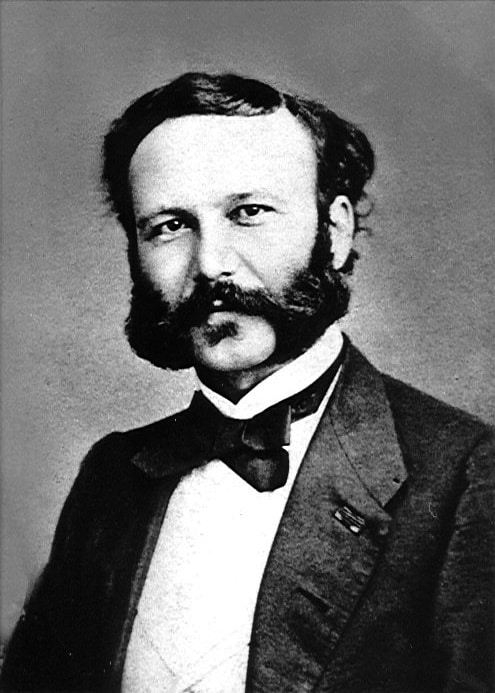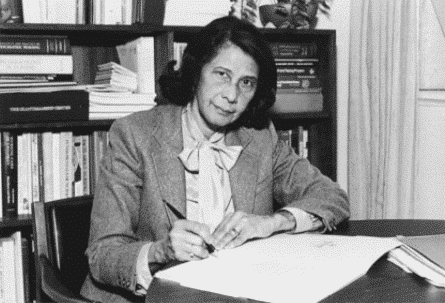
Henry Dunant (1828–1910), Swiss philanthropist
Henry Dunant grew up in a family known for its civically-minded humanitarian work in Geneva, Switzerland. His father worked to improve the lives of orphans and ex-prisoners. His mother worked with those dealing with illness and poverty. This family focus on social activism would have an impact on Henry.
Henry was an indifferent student and withdrew from his college studies, deciding instead to become an entrepreneur. He acquired the rights to a large tract of land in French-occupied Algeria, intending to use the land to start an agribusiness. However, the water rights were unclear and he got little help from the French colonial authorities to resolve them. He decided to appeal directly to Napoleon III, then Emperor of France. Henry traveled to the city of Solferino in present-day Italy, where Napoleon was engaged in a regional conflict.
Henry arrived in Solferino after a fierce battle had been fought. There were 23,000 soldiers lying on the battlefield, many severely wounded. There were no efforts being made to care for them. Henry organized the citizens of Solferino to help tend to the fallen, without regard to which side the soldiers had served. He paid for needed medical supplies from his own money.
Henry was shaken by his experiences in Solferino and wrote a book about what he saw, with recommendations for treating the wounded in battle. Henry and four other prominent men met in Geneva to discuss the implementation of his recommendations. Their first meeting in February 1863 is now considered the date of the founding of the International Red Cross. A year later, 12 countries met to agree to principles regarding the treatment of the wounded and captured in battle. This agreement is known today as the First Geneva Convention. It remains a generally accepted approach for humane treatment of those wounded or captured in battle.
While Henry’s humanitarian efforts flourished, his business efforts failed. He declared bankruptcy. This failure led some to revile him as a corrupt business man. His friends and former associates turned against him. Henry was impoverished and moved from town to town, falling out of public consciousness for roughly 20 years. In the late 1890s renewed attention to the founding of the Red Cross led to his rediscovery. The world finally paid him the honor he deserved. In 1901, he was the recipient of the first Nobel Peace Prize.
When Henry died, according to his wishes, there was no formal ceremony. He was buried in a pauper’s grave. The money given to him from the awards he received was left to humanitarian causes.
Just imagine how many injured people have been rescued from battlefields around the world due to Henry’s innovative work. Think of the norms for neutral humanitarian aid that he helped establish. How many of us could put the betterment of society above our own wellbeing or financial success? Just imagine what one person could do to bring some form of humanity to unfortunate conflicts.
* * *
“Life’s most persistent and urgent question is, what are you doing for others?”– Martin Luther King, Jr.
This is part of our “Just Imagine” series of occasional posts, inviting you to join us in imagining positive possibilities for a citizen-centered democracy.



